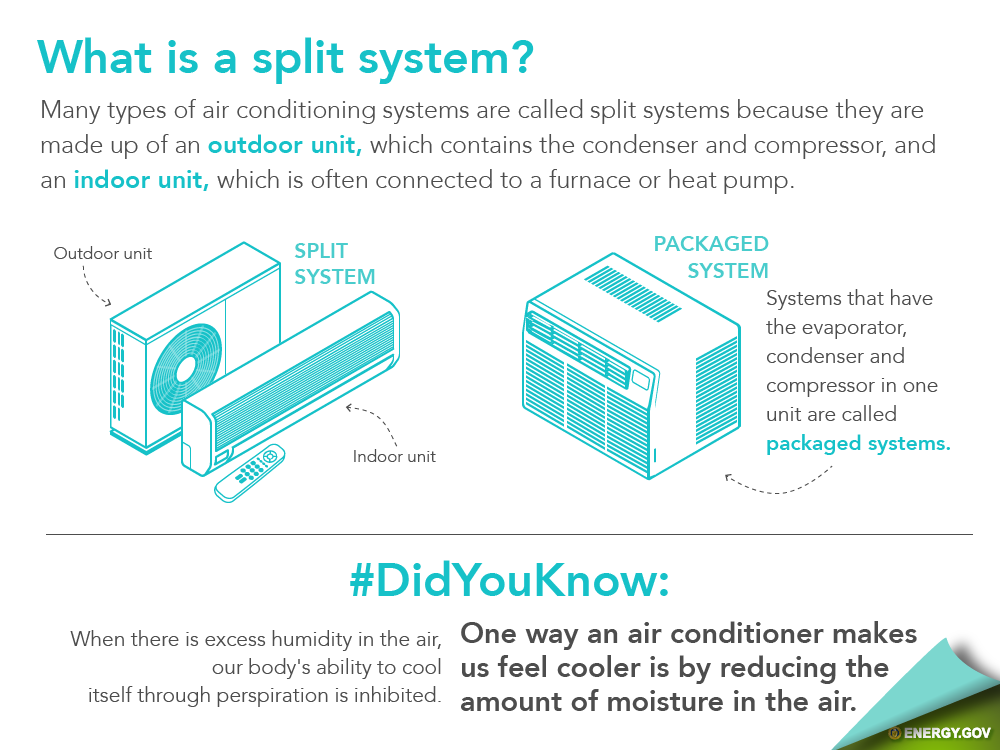Understand How To Make The Most Of The Performance And Toughness Of Your Heatpump System By Avoiding Frequent Installation Challenges
Understand How To Make The Most Of The Performance And Toughness Of Your Heatpump System By Avoiding Frequent Installation Challenges
Blog Article
Content Author-Parrish McFarland
When installing a heat pump, you should steer clear of usual mistakes that could threaten its performance. Ignoring correct sizing may result in inefficiencies and higher energy expenses. Ignoring insulation and sealing could cause energy waste and pressure on the system. Additionally, placing the outdoor unit incorrectly might influence its performance. By preventing these mistakes, you can ensure ideal working and toughness of your heatpump system.
Improper Sizing of Heat Pump
When it involves the installment of heat pumps, among one of the most common errors is improperly sizing the unit for your space. Making certain the appropriate dimension is critical for optimum efficiency. If the heat pump is also small, it will have a hard time to heat or cool your room effectively, bring about boosted power expenses and possible damage on the system.
On the other hand, if the heat pump is too huge, it will cycle on and off regularly, triggering temperature fluctuations and lowering its lifespan.
To avoid this error, it's important to have a specialist evaluate your area and recommend the appropriate size of the heat pump based upon elements like square video footage, insulation, ceiling elevation, and regional environment. By investing see more and effort to guarantee the correct sizing, you can take pleasure in a comfy setting while making best use of energy effectiveness and lengthening the life-span of your heatpump.
Inadequate Insulation and Sealing
To ensure the reliable procedure of your heatpump, it's important to attend to insufficient insulation and securing in your room. Appropriate insulation helps keep a constant temperature level inside, reducing the workload on your heat pump. https://www.achrnews.com/articles/143847-are-schools-hvacs-new-hotspot-for-opportunity can lead to energy loss, making your heat pump work harder and much less successfully.
Securing any gaps or leakages in your area is equally important. These spaces permit conditioned air to run away and exterior air to seep in, requiring your heat pump to make up for the temperature level variations.
Inaccurate Placement of Outdoor Device
Resolving the positioning of your heatpump's outside system is key to enhancing its efficiency. Setting up the outside device in an inaccurate place can cause efficiency concerns and potential damages to the system.
One common error to stay clear of is putting the exterior system too near a wall surface or various other structures. This can limit air movement, causing the device to function harder to heat or cool your space, inevitably decreasing its effectiveness and life expectancy.
An additional mistake to avoid is placing the outdoor device in direct sunshine. While some sunshine is inevitable, extreme direct exposure can result in overheating, especially throughout warm summer season days. It's best to position the outside device in a shaded area to assist preserve its optimal operating temperature.
In addition, make certain that the outside unit is placed on a secure and level surface. Unequal ground can cause resonances and unnecessary pressure on the system, influencing its efficiency over time.
Final thought
To conclude, staying clear of typical blunders during heatpump installment is crucial for optimizing performance and longevity of your system. By making certain proper sizing, sufficient insulation, sealing, and right placement of the outside system, you can avoid problems such as inefficiencies, boosted power expenses, and pressure on the unit. Making the effort to attend to these vital variables will eventually save you money and time in the long run.
